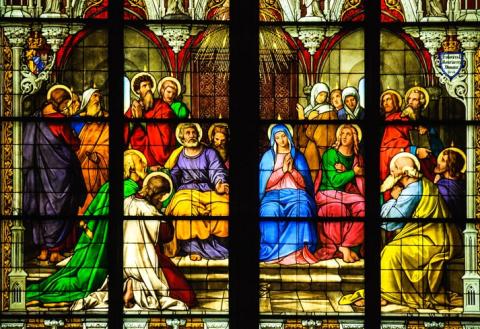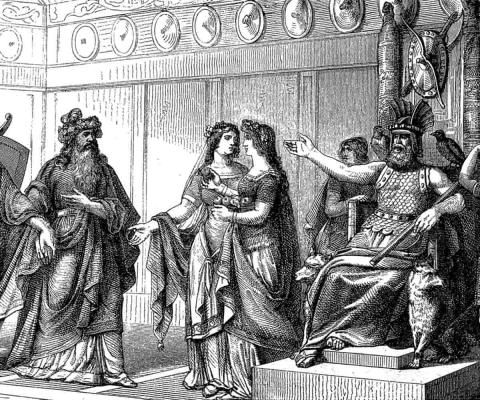Classic Sci-Fi Quiz
This Douglas Adams novel actually began life as a comedy radio broadcast for the BBC, also written by Adams.
- The script of the original radio broadcast was released in a bound volume following the success of the book.
This novel by Orson Scott Card stars a young man who is brought in to participate in complex war games in the midst of interplanetary conflict.
- Ender's game has proven fairly controversial over its potentially pro-war stance. The book is standard reading for many enlisting in the U.S. military.
This Frank Herbert novel is famous for a lot of things. But, it's perhaps best known for its iconic sandworms.
- Dune was super influential on following generations of Science Fiction. Most notably, it influenced Star Wars with the desert planet Tatooine.
This Ray Bradbury novel takes place in a future society where books are banned.
- The book famously takes its title from the burning point of paper. Less famous is a later play inspired by the book, Celsius 232.
This Philip K. Dick novel about synthetic humans was the inspiration for the movie Blade Runner.
- The book is much more about environmental degradation than the film; a nuclear war has led to the extinction of many animals, which are also replaced with replicants.
This dystopian novel by Aldous Huxley explores a future of rampant consumerism, drug use, and carnal relationships.
- The title takes its name from an (ironic) Shakespeare quote from The Tempest. "How beauteous mankind is! O brave new world, That has such people in it!" The beauteous mankind in reference is a bunch of ignoble, waterlogged sailors.
This William Gibson novel is one of the foundational books in the cyberpunk genre, influencing later media like The Matrix.
- Neuromancer is part of the exclusive clubs of books that won both the Hugo Award and Nebula Award in the year it came out. It also won the Philip K. Dick Award.
This Asimov novel includes the origin of his Three Laws of Robotics, a concept which still influences public discourse about AI.
- I, Robot is actually a novel strung together of many previously published (and often unrelated) short stories.
This Heinlein novel inspired a neopagan religious movement and gave us the word "grok."
- The Church of All Worlds was founded in 1968, shortly after the book came out. Heinlein wasn't part of it, but he did exchange letters with the founder.
This Kurt Vonnegut novel explores non-linear time through its protagonist Billy Pilgrim, a survivor of the bombing of Dresden.
- The book takes its title from the building where the protagonist is kept in Dresden, where Billy Pilgrim comes unstuck in time.






